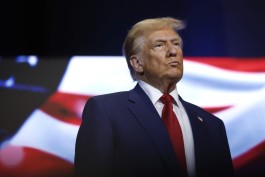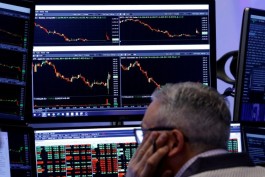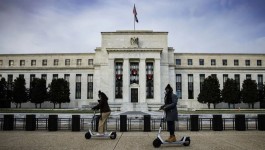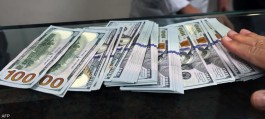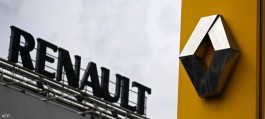Younis Al Khoury, Undersecretary of the UAE Ministry of Finance, said that there is no trend to impose any form of taxes on employee salaries or income.
Some media reports have spoken of the intention of some financial authorities in some Gulf countries to consider imposing a salary tax of up to 10%.
On the other hand, Younis El-Khoury expected to complete studies and procedures to start imposing a selective tax on sweetened juices in the state’s markets this year, according to Al-Ittihad.
The UAE started imposing a selective tax on a group of goods in October 2017, which are tobacco products, 100% energy drinks and 50% soft drinks, and a selective tax is imposed on the retail price of goods subject to this type of tax in specific rates for each type.
It should be noted that the groups that are obligated to register for the purposes of the selective tax are the producers, importers and inventors of the selective goods, and the warehouse keeper responsible for the selective goods.
Businesses that are obliged to pay this tax must register with the Federal Tax Authority, submit monthly tax returns, and pay the tax due on the same date the tax declaration is submitted.
It is mentioned that another value-added tax has also been started, as of the beginning of 2018, which is a tax of 5% and includes most of the goods and services sold or consumed in the local market and imposed at all stages of the supply chain, but there is a system to recover the surplus from them so that At the end of the day it is only 5% on the sale price.
Unlike value-added tax, the selective tax is due only once during the supply chain, so businesses that purchase selective goods will not be able to recover the tax paid on those goods.


















